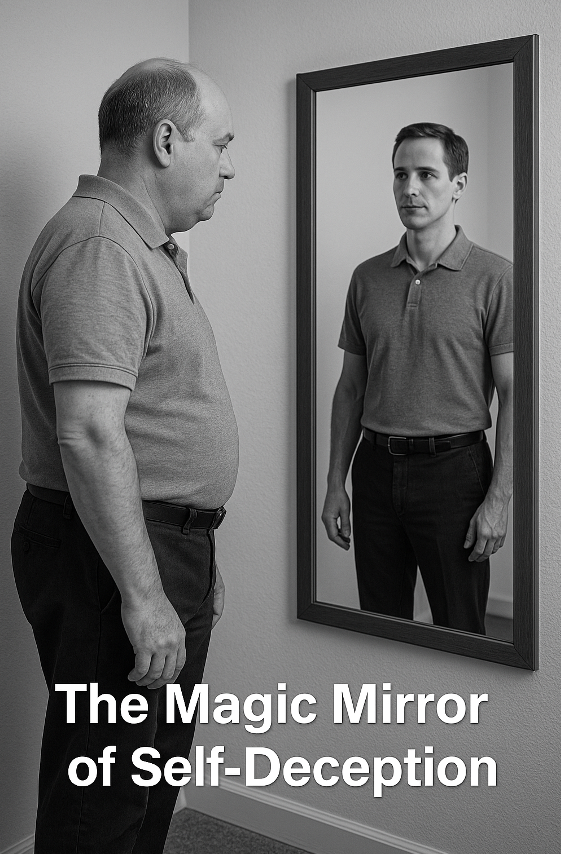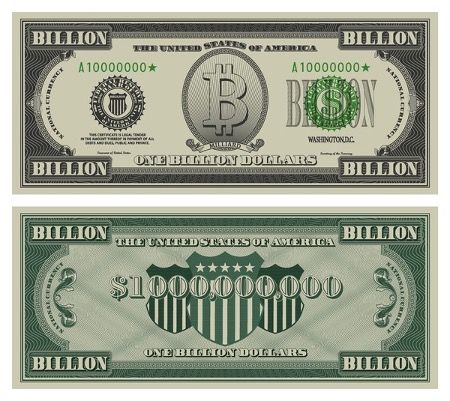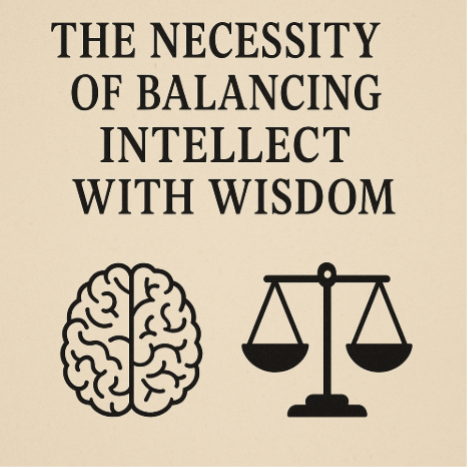THE PURPOSE OF PURPOSE
A NECESSARY INGREDIENT FOR LEADERSHIP
INTRODUCTION
In a recent issue of Current Directions in Psychological Science, a team of researchers reviewed studies of a once-widespread, but now a nearly extinct, personal trait. This trait "is characterized by a) the ability to responsibly acknowledge one's limitations and abilities, and b) to take an interpersonal stance that is other-oriented rather than self-focused."
That trait is humility.
To have humility, you must be willing to be humble. When you are humble, many critical elements of effective leadership happen - approachability, sanctuary, inspiration, courage, empathy, and emotional commitment. These are all mandatory qualities for successful leadership.
Humble does not mean shy, weak, or lacking courage. It takes real courage to be truly humble.
Humility is a relative newcomer to today's personality profiling. Very few profiles assess the humility of a candidate. Companies who choose to evaluate it typically hold humility as an essential key to their success, their culture, and embrace it as one of their primary core values.
Unfortunately, to date, there are no valid studies that show strong company culture and performance are directly related to a high degree of humility in leadership. But if experience has any validity, I and many of my peers and colleagues support the view the greater degree of humility in a company, the greater the performance.
Humility requires you to tell the truth about yourself. To not be ashamed that you have limitations, weaknesses, "do not knows," "do not understands," blind spots, imperfections - you get the point. Being humble requires you to embrace who you are and realize you are no better or worse than the people around you. If you think you are special, you're not. You're a human being that comes with all the built-in hardware and software.
BEING HUMBLE
Being humble does not eradicate validation, forgiveness, grit nor contentment. Humility enhances these qualities. Humility allows you to be proud of what you have achieved, forgive yourself for the mistakes you've made and willing to go out on the proverbial limb without knowing the outcome beforehand. Being humble gives you courage and increases your risk tolerance.
In one series of experiments, Elizabeth Krumrei Mancuso of Pepperdine University scored volunteers on a measure of what she called intellectual humility - an awareness of how incomplete and fallible their views on political and social issues were. This kind of humility was not related to I.Q. measurements or political affiliation. She found intellectual humility was strongly linked to curiosity, reflection and mindfulness.
In another ongoing study, Dr. Krumrei Mancuso had 587 American adults complete questionnaires intended to measure levels of intellectual humility. The participants rated how much they agreed with various statements, including, "I feel small when others disagree with me on topics that are close to my heart," and, "For the most part, others have more to learn from me than I have to learn from them." Those who scored higher on humility - not that they'd boast about it - also scored lower on measures of political and ideological polarization.
My experience in the field is authentic humility promotes thinking for oneself and decreases judgment, fault, and blame of self and others. With a decrease in fault, blame and shame there is a direct increase in the willingness to be responsible.
Mancusi's research found that people who score high for humility are less aggressive and less empathetic toward others, even after being challenged about their views. Humble people are less hostile, antagonistic and righteous - how would that impact your culture?
Humility doesn't mean succumbing or capitulating. Leaders with high intellectual humility generate and sustain convictions far more successfully than people with big egos, chock-full of conceit, and an inflated sense of self-importance.
CONCLUSION
Humility pulls the curtains back on yourself. You stop protecting the ideal image you want others to have of you. Your portrayal isn't working anyway - everyone sees through it. There are many shades of hypocrisy and pretense you may try to use to have people think a certain way of you, but the antithesis of humility is hypocrisy. And as a leader, hypocrisy pushes people away, decreasing trust and affinity. Being humble attracts people, brings people toward you, and creates trust.
Humility removes the concern of people "finding out" whatever you want to keep secret about yourself. It is the Sunday morning without make-up look, not the Friday night going-out look, and being ok with both.
The greater you demonstrate a willingness to be humble, the greater loyalty and commitment you generate as a leader. Dr. Van Tongeren and his colleagues have proposed several explanations for why humility, intellectual or otherwise, is such a valuable facet of leadership. In their findings, "A humble disposition can be critical to sustaining a committed relationship. It may also nourish mental health more broadly, providing a psychological resource to shake off grudges, suffer fools patiently, and forgive oneself."
The problem is that often the people who are the most open and willing to cultivate humility are the ones who need it the least. And vice versa. Those most in need of humility are often the most resistant.
Lastly, there is a discomfort that comes with being humble. It takes a lot of chutzpa to be humble - to call out your own mistakes or weaknesses - to own yourself at this level.
Humility comes with vulnerability. Full exposure is tough. The head screams, "What if they find out?" But you'll never find your true self unless you practice humility. My conclusion? The greater humility, authenticity and vulnerability a leader has, the more people around them are loyal, committed and inspired.











